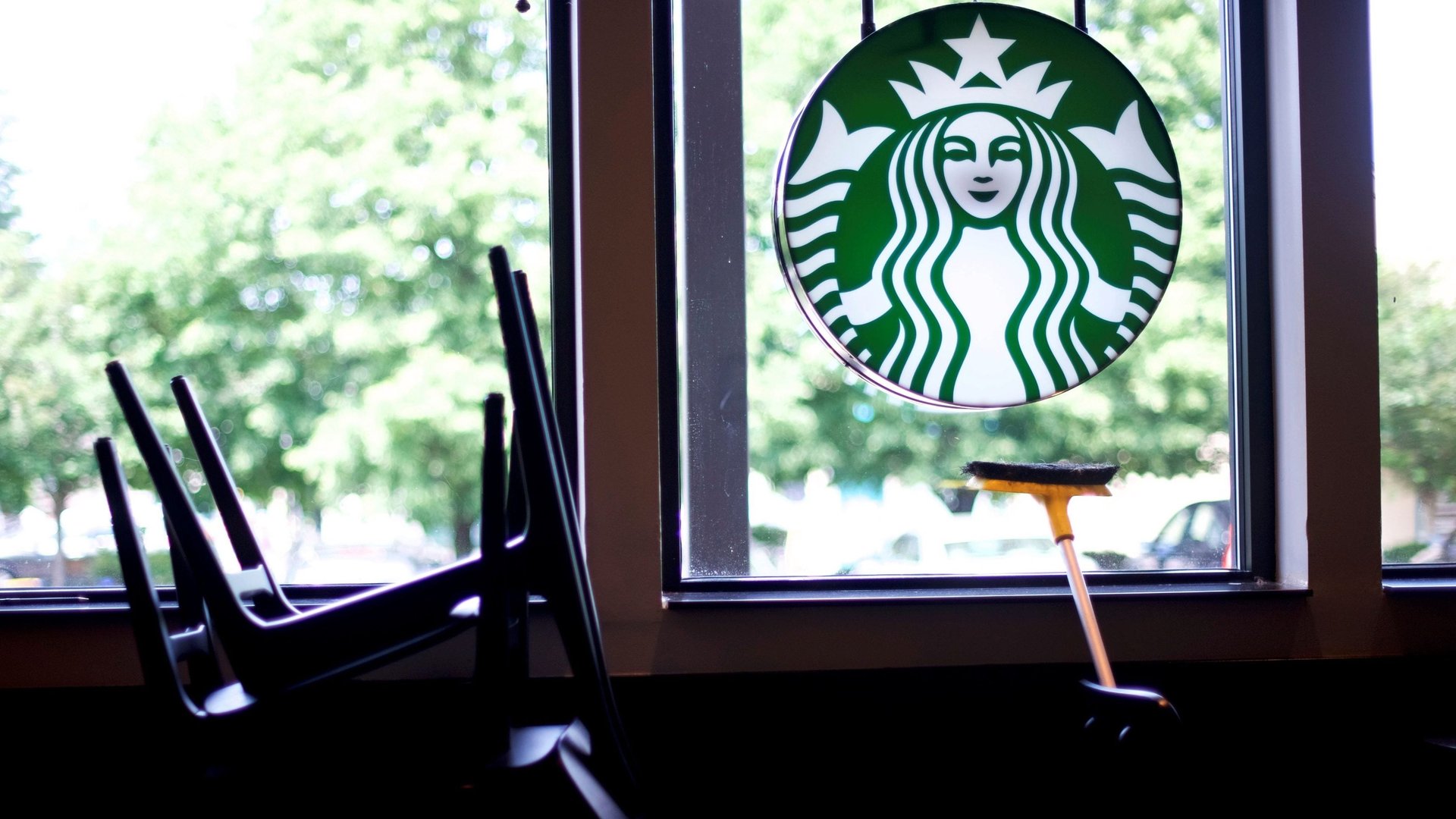Sorry Starbucks, you did this to yourself
If you wanted an iced Starbucks cold-foam cappuccino, or perhaps a triple mocha frappuccino on Tuesday afternoon in America, you were out of luck. Some 8,000 US Starbucks locations shut down on May 29 for a four-hour cultural bias training for the company’s more than 175,000 employees across the country.


If you wanted an iced Starbucks cold-foam cappuccino, or perhaps a triple mocha frappuccino on Tuesday afternoon in America, you were out of luck. Some 8,000 US Starbucks locations shut down on May 29 for a four-hour cultural bias training for the company’s more than 175,000 employees across the country.
It’s no small undertaking to examine your corporate culture for bias—and then also address the bias your employees may enter the workplace with. But Starbucks is not just setting a pretty good example of how a corporation should apologize. It’s part of the reason we expect businesses to have a social conscious at all.
Starbucks may be inherently mockable with its special language (tall, grande, venti) and $5 coffee drinks, but the company also stands out for its long tenure at the vanguard of promoting progressive workplace values. Starbucks has offered part-time workers health insurance and other benefits since 1990. It’s in the midst of a successful initiative to hire 25,000 veterans. In 2013, founder Howard Schultz told an investor who was concerned about how Starbucks’ support of gay marriage would affect the bottom line that some things were more important than earnings.
Meanwhile, in response to the Trump administration’s corporate tax cuts that went into effect in 2018, Starbucks expanded benefits and raises for employees—and those same employees get family leave. Its policy is not perfect, but it is better than most. Starbucks also has thrown its substantial influence behind developing resources for coffee farmers around the world and in making the industry as a whole more transparent—even if its single-origin beans and ethical sourcing bona fides don’t quite match up to third-wave coffee concerns like Oregon’s Stumptown and San Francisco’s Blue Bottle.
The service industry is one of the largest segments of the US economy, and there’s no question that Starbucks is a segment leader in both employee policies—like providing six weeks of paid maternity leave—and in external issues like supporting the LGBTQ community. Through its corporate activism, Starbucks has built a brand that is expected to be more socially responsible than say, an airline.
The message here is not that other companies shouldn’t bother trying to be a socially conscious business. It’s that the work of being socially conscious doesn’t end with one initiative to help farmers in Costa Rica, or with a single letter of apology, or with a donation to a progressive organization.
Starbucks positioned itself as the “wokest” chain on the block by being more responsive to questions of ethical business practices, and it should expect to continue doing so as long as it remains an industry leader. There are plenty of other places to get coffee, after all.